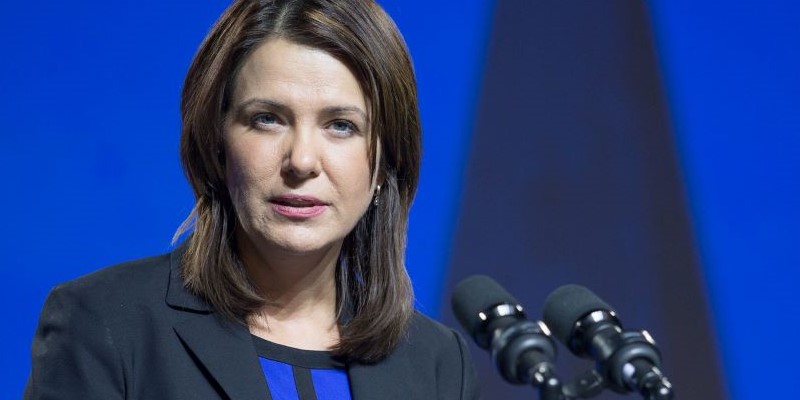Alberta’s showdown with Ottawa should focus on means, not ends

Perhaps believing that Alberta Premier Danielle Smith has momentum behind her in the battle over Alberta energy policy, the Trudeau government recently dispatched Jonathan Wilkinson, federal minister of natural resources, to Alberta to engage in a bit of diplomacy.
Smith, of course, should be wary of any proposed compromises and remember what happened with Ottawa’s carbon tax, which despite assertions from Ottawa about its vaunted “flexibility,” was rammed down Alberta’s throat with no compromise whatsoever.
Indeed, Smith should stick to her guns, as this is mainly a battle over means, not ends. She’s made it crystal clear in public comments and in Alberta’s new Emission Reduction and Energy Development Plan that she shares the Trudeau government’s desire for Canada (including Alberta) to reduce net greenhouse gas (GHG) emissions to the atmosphere to zero by 2050, which is deemed necessary to satisfy the Paris Agreement goal of limiting global temperature increases to 1.5 degrees Celsius. She’s also made it clear that environmental protection—air, water, waste, soils, wildlife and climate—is a high priority.
But to achieve these ends, the means of the Trudeau government are emission-control measures, which would strand Alberta’s greatest economic assets—its oil and gas resources and world-leading oil and gas industry. Whereas the means of the Alberta government is to use new and expanded technologies within a broad set of interlocking environmental initiatives to achieve “net-zero 2050” and clean electricity while keeping Alberta’s future as a fossil-fuel producer, user and exporter intact. While at the same time rejecting Ottawa’s right to control Alberta’s natural resources, the federal regulatory approach to achieving “net-zero” GHG emissions by 2050, the federal “clean electricity” plan for Alberta and the federal plan for a “just transition” that targets Alberta energy-sector jobs and retrains Albertans for other employment.
Different means, same ends.
Wilkinson’s visit to Alberta could indicate some understanding on the part of the federal government to move to negotiating means to shared climate-policy ends. But again, Premier Smith should be cautious and stick to her guns because this battle—over means, not ends—is one that the two players must negotiate successfully.
Far too much of Canada’s policy debates in recent years have boiled down to two sides (political vs. jurisdictional, urban vs. rural) simply accusing the others of malicious intent and refusing to accept that people can share goals while differing on their ideas about how to best attain them. As a user of Twitter, I can attest that the unwillingness to concede that one’s opponent might share good intentions about ends, but differ on means to attain those ends, is universal. For Canada’s federal and provincial governments to move beyond that adversarial mentality and actually accept the desirability of negotiated compromise would mark a vast improvement in both Canada’s politics and policies.
For the future of Canada, one can only hope that this breach over Canada’s energy future is resolved in an amicable way after robust, open and transparent public debate regarding policy means—not ends. It might establish a precedent that could mend a lot of the wounds that afflict Canada across a whole host of public policy issues.
Author:
Subscribe to the Fraser Institute
Get the latest news from the Fraser Institute on the latest research studies, news and events.

